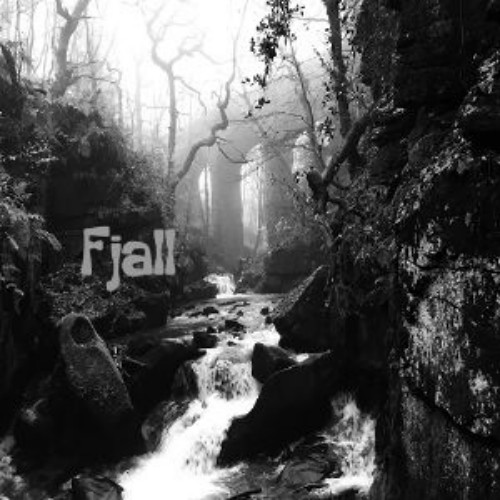 Sax player Signe Emmeluth has had a busy time of it over the last eighteen months with the release of the first Emmeluth’s Amoeba album, playing as part of Skarbø Skulekorps and guesting on the last Broen album. On top of all that, the second Amoeba album Chimaera is here and a real blast of intuitive and innovative improvisation it is.
Sax player Signe Emmeluth has had a busy time of it over the last eighteen months with the release of the first Emmeluth’s Amoeba album, playing as part of Skarbø Skulekorps and guesting on the last Broen album. On top of all that, the second Amoeba album Chimaera is here and a real blast of intuitive and innovative improvisation it is.
The Amoeba itself consists of Signe on sax, Ole Mofjell on drums, Karl Bjorå on guitar and Christian Balvig on piano, and there is clearly plenty of understanding between the four of them. With jazz-based improvisation, it could very easily descend into a bound up cacophony; but here there is subtlety, charm and a shared love of joyful noise that induces smiles and surprises in equal measure. Signe’s capabilities with the sax are quite extraordinary and her unaccompanied hops, skips and jumps on opener “Squid Circle” make it feel like the instrument is dancing, arms extended, dashing through dewy grass, alive with life. As the trio are introduced and attempt to catch up with her, so they scatter petals of sound around the sax as it begins to hold a steadier pace, the piano in particular stating its case in a forthright way.
As the album progresses, so everyone is given the opportunity to stretch their legs a little, but never at the expense of the whole. “AB” is all about quick movement between the others, while Signe’s sax screams like a wounded animal. This seems to stop everything in its tracks, as if the other instruments are watching in fascination; and the piano when it breaks away sounds like salmon struggling upstream, against the odds, but assisted by the chivvying of the rest of the group. Guitar raindrops recede subtly and other sounds that accompany are hard to pin down. At other points, the playing is so spare you are waiting with bated breath to see what sounds will escape the vacuum next. A small hint here; a faint echo there, all warm and welcoming, like activity around a lake with the sax resembling high up birdsong or the honk of a duck on the water as the piano sparkles like drops of water with the rustle of trees and the distant sounds of creatures.“Chimaera” itself, by contrast, is sparer and less playful. There is more of a sombre atmosphere here; the piano leading with arresting minor key sections that are accompanied by a fearful hissing. There are some extraordinary points in the album where the tracks appear to be constructed from tiny little elements, like a mosaic of sound that is quite lovely. Everybody provides something that goes together constructing an unexpected whole, like a collage that when you step back transforms into something else — but just when you think you have the group’s number, the penultimate track “No 1” turns out to be the most sublime, soft-focus autumnal jazz piece in an unexpected conclusion to an album that is full of life and delightful at its every twist and turn.
When Signe finally sees the album out with the sax skronk “Outro”, you realise that the instrument is a whole other force in her hands. She never plays what you would expect, and because of that the other players avoid doing the same thing, which makes for a most exciting listen.-Mr Olivetti-



